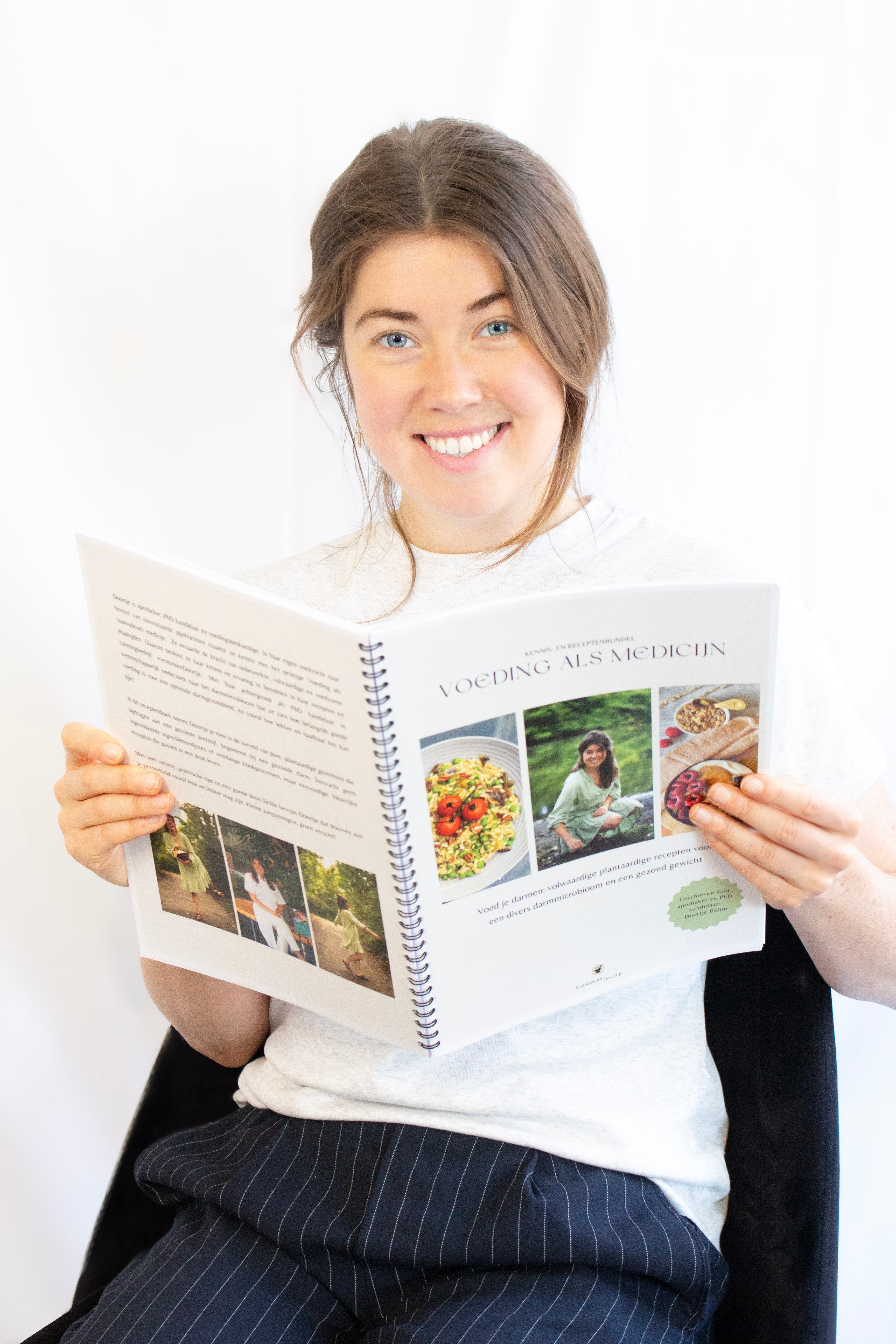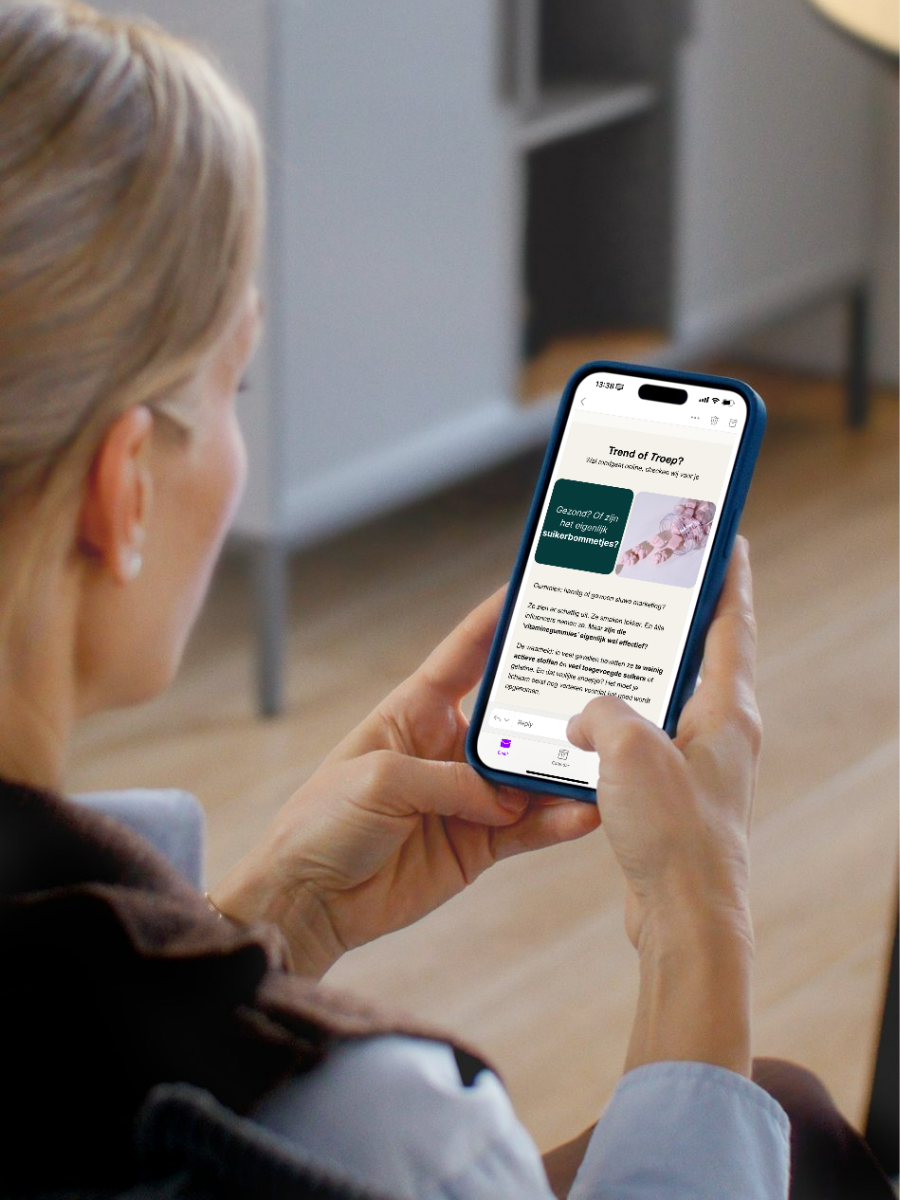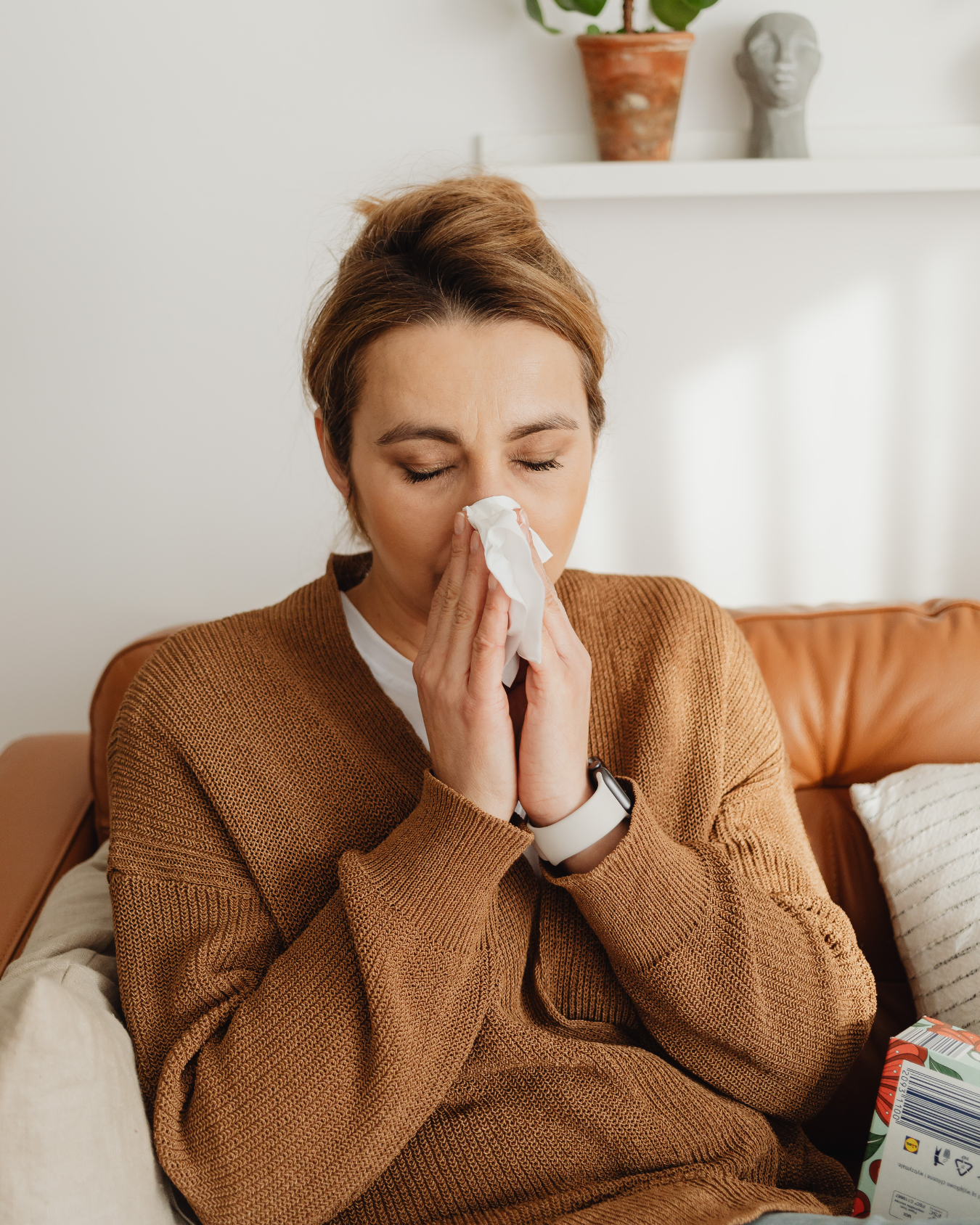Nieuw bij Goldea? 15% kennismaking met code: FRESHSTART15
In the world of health and self-care, you're bombarded with jars: from multivitamins to superfood capsules, magnesium to collagen. But are supplements really necessary for everyone? As a pharmacist, I'm often asked this question, and you'll find the honest answer in this article.
My passion lies in using nutrition and lifestyle as preventative medicine. The choices we make every day can help us maintain or improve our body's health. Think about what breakfast you start the day with, what you eat when you get hungry at 4 p.m., and how many hours you sleep each night. Of course, no one is perfect, and it's all about finding the balance between health and (consciously) less health. So, could a quality supplement offer a solution? Below, you'll find answers to these questions.
















